Guten Tag! Ready to level up your German from “Ich bin müde” (I'm tired) to “Wir sollten das im nächsten Meeting besprechen” (We should discuss that in the next meeting)? If you're navigating the world of business in German-speaking countries – Germany, Austria, or Switzerland – you’ll quickly find that textbook German just doesn’t cut it.
Whether you're heading into your first Zoom call with a German client or trying to impress your colleagues at an international conference, having a toolbox of Business German phrases is an absolute game-changer. And no, shouting “Schnell!” doesn’t count.
In this article, we’ll give you the most useful Business German vocabulary, broken down into digestible categories.
Why You Should Learn Business German
German is not only the most spoken native language in Europe but also a powerhouse in the global economy. From automotive to finance, tech to pharmaceuticals – Germany plays a major role. So, understanding how to communicate professionally in German is a real asset.
More than that, it’s a matter of cultural fluency. Germans value precision, formality, and professionalism—three things that come across heavily in language. So, knowing when to say “Sehr geehrter Herr Müller” instead of “Hallo Franz” can make or break your deal.
First Impressions: Greetings and Introductions
When meeting someone in a business setting, keep it formal – especially in emails or first-time meetings.
Useful Phrases:
- Guten Tag, mein Name ist... – Good day, my name is...
- Ich freue mich, Sie kennenzulernen. – I’m pleased to meet you.
- Wie geht es Ihnen? – How are you? (formal)
When addressing people:
- Use Herr (Mr.) or Frau (Ms./Mrs.) + last name
- Avoid using first names unless invited
Essential Email and Phone Phrases
Your inbox and voicemail should sound as polished as your résumé. Germans are big on structure and clarity in correspondence.
Email Openers:
- Sehr geehrte Damen und Herren, – Dear Sir or Madam,
- Vielen Dank für Ihre Nachricht. – Thank you for your message.
Phone Phrases:
- Könnte ich bitte mit Frau Schneider sprechen? – May I speak with Ms. Schneider, please?
- Ich rufe an, um... – I’m calling to...
Bonus points if you confirm everything in writing afterward. Germans love documentation.
Meeting Like a Pro
Meetings in German-speaking countries can be structured, punctual, and agenda-driven. Here are phrases that keep you sounding professional.
Common Phrases:
- Lassen Sie uns beginnen. – Let’s get started.
- Was halten Sie davon? – What do you think about that?
- Wir sind uns einig. – We are in agreement.
If you disagree, do it with diplomacy:
- Ich sehe das etwas anders. – I see it a bit differently.
- Darf ich kurz etwas hinzufügen? – May I briefly add something?
Negotiation and Decision-Making Vocabulary
You’re not here just to say “ja” or “nein.” Be persuasive and informed.
Useful Terms:
- das Angebot – the offer
- die Bedingungen – the conditions/terms
- die Frist – the deadline
- Wir schlagen vor... – We propose...
- Wir benötigen eine Entscheidung bis... – We need a decision by...
Pro tip: Germans may seem blunt, but it’s all in the name of efficiency—not rudeness. Stay direct and clear.
Politeness Pays Off
Don’t underestimate courtesy phrases. In a culture that values formality, “bitte” and “danke” go a long way.
- Vielen Dank für Ihre Zeit. – Thank you for your time.
- Ich weiß das sehr zu schätzen. – I really appreciate that.
- Könnten Sie mir bitte... – Could you please...
Politeness isn't just etiquette—it's strategy.
Bonus: German Business Buzzwords
Just like in English, business German is full of buzzwords. These will make you sound like you've been attending management workshops in Düsseldorf.
- Synergien nutzen – leverage synergies
- Effizienz steigern – increase efficiency
- Prozesse optimieren – optimize processes
- die Zielgruppe – target audience
- Kernkompetenzen – core competencies
Use with care—fluff is fluff, in any language.
It’s Not About Perfection, It’s About Progress
Don’t stress about speaking perfect German. Instead, focus on using the right tone, staying professional, and building your vocabulary step by step. With regular exposure, a good glossary, and maybe a bit of help from a language professional (like us ![]() ), you’ll soon find yourself closing deals auf Deutsch.
), you’ll soon find yourself closing deals auf Deutsch.



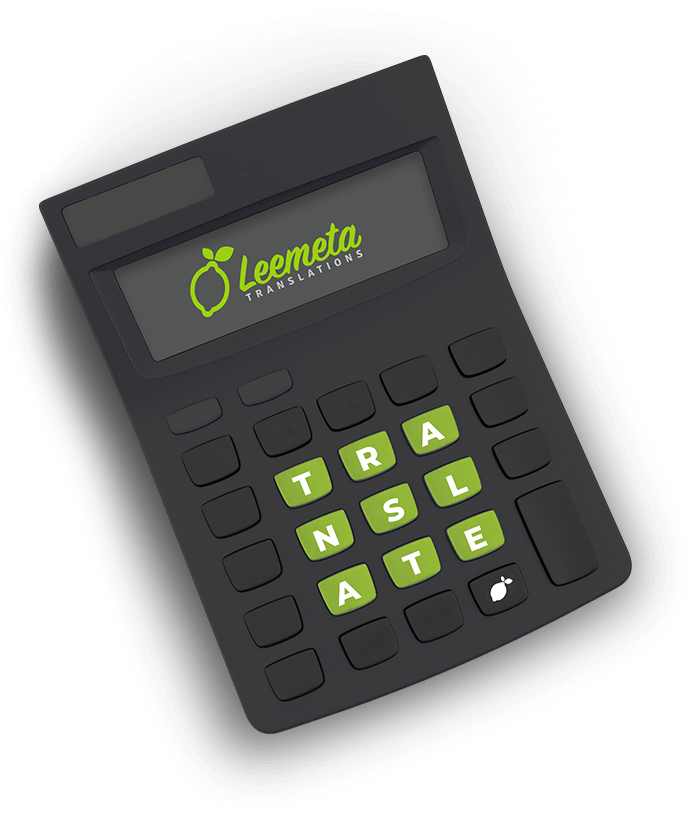



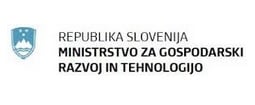
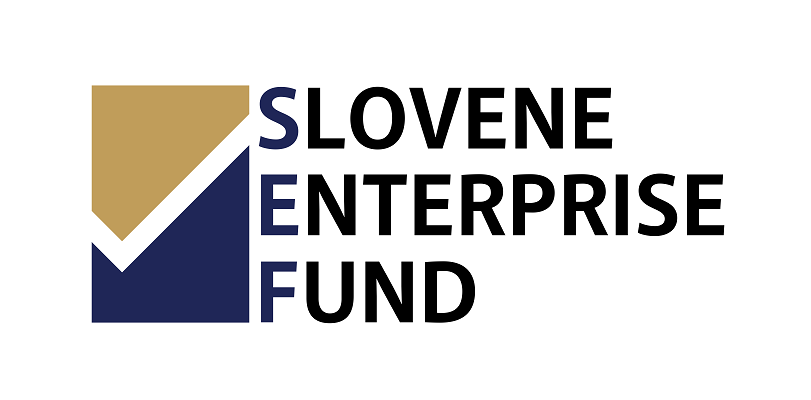
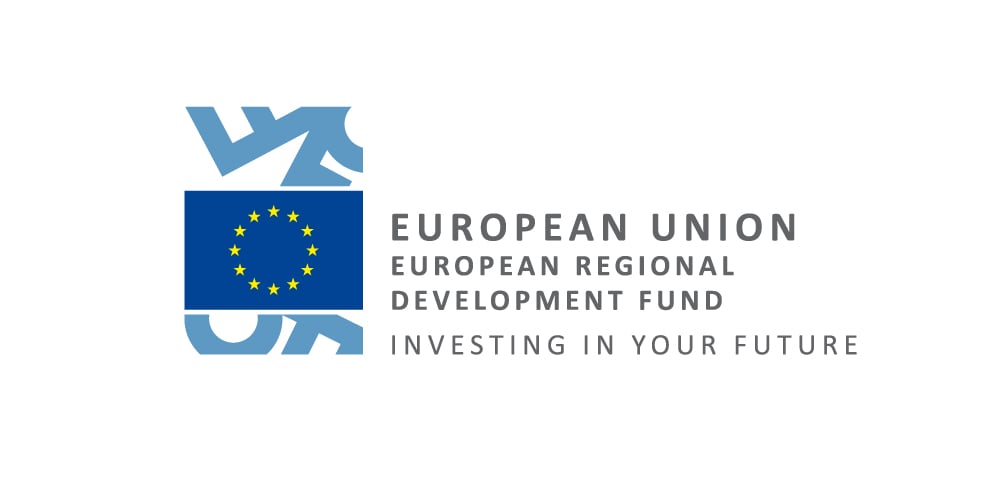

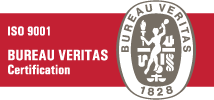
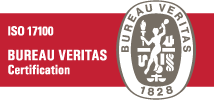
Add new comment